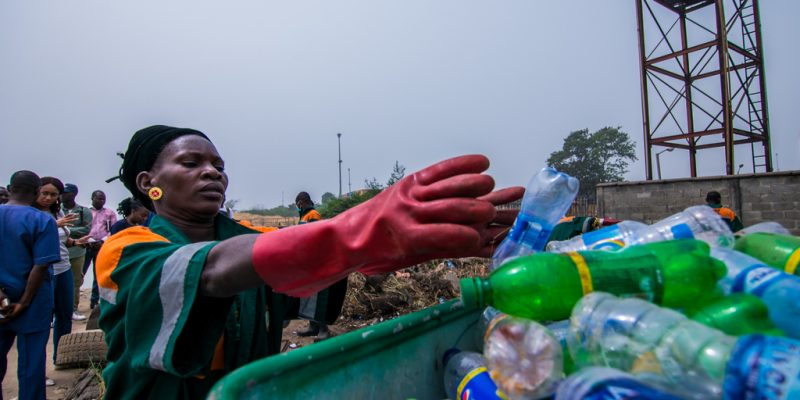The Alliance to End Plastic Waste (AEPW) recently signed a partnership with the United Nations Human Settlements Programme (UN-Habitat) to implement a strategy to combat waste proliferation in several cities in East Africa and Asia.
A new partnership has recently been established to reduce the proliferation of plastic waste in East Africa. It is formed by the Alliance to End All Plastic Waste (AEPW), an international organization of companies that manufacture, use, sell, process, collect and recycle plastics. AEPW works with the United Nations Human Settlements Programme (UN-Habitat).
The collaboration aims to implement solutions for the circular economy around plastics. UN-HABITAT and AEPW want to create business and livelihood opportunities while improving the recovery of plastic waste that usually ends up in the wild, poisoning land, rivers and oceans.
Benefits of the partnership for Kenya and Ethiopia
The new partnership will target six cities around the world, including four on the African continent. These East African cities include Nairobi and Mombasa in Kenya; and Addis Ababa and Bahir Dar in Ethiopia. “For the two billion people worldwide who do not have access to waste collection, the lack of data is a major obstacle to establishing an effective municipal solid waste management programme,” says Jacob Duer, President and CEO of the Alliance to End Plastic Waste.
To help municipalities improve the collection of plastic waste from the public, UN-Habitat will use its “Waste Wise Cities” (WWC) tool. The tool maps waste streams and assesses potential plastic leakage from waste management systems “and identifies short- and long-term methods to increase the amount of plastic waste collected, recycled and recovered”.
The partnership, which will last between 10 and 12 months, will ultimately increase the amount of plastic waste collected in the target cities through feasibility studies for investments in plastic waste management infrastructure. According to the Alliance to End Plastics Waste, the partnership also aims to engage stakeholders in the waste value chain to address gaps in infrastructure operations and thus reduce plastic waste leakage in cities.
Jean Marie Takouleu






